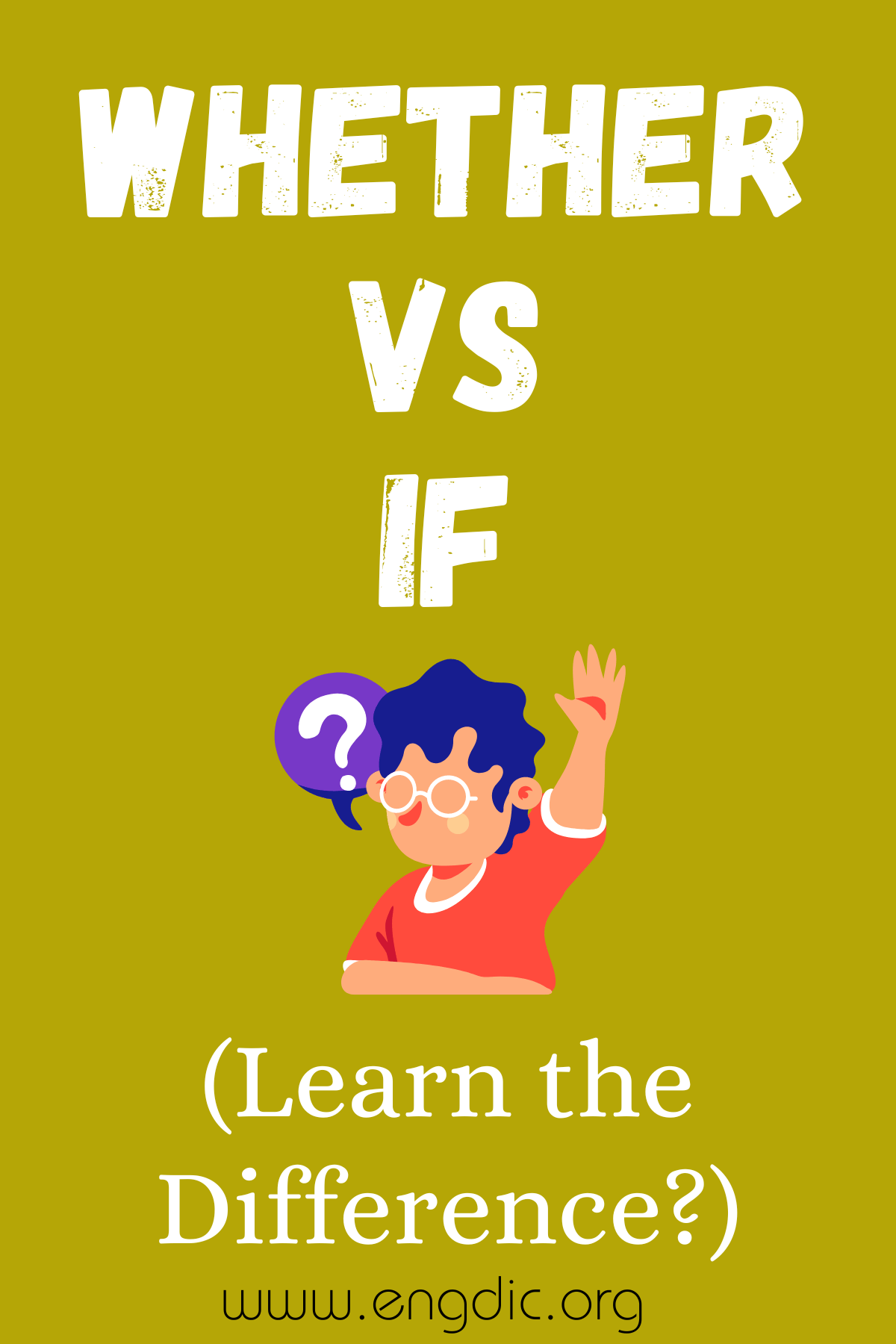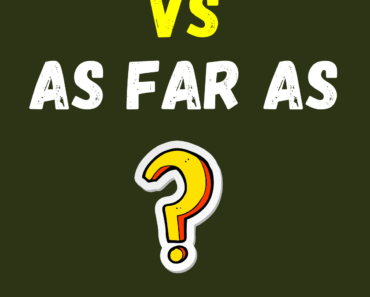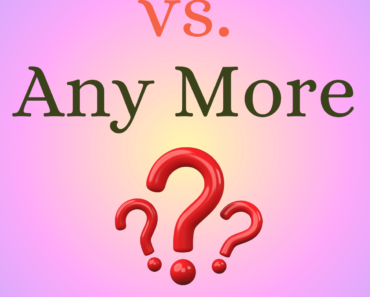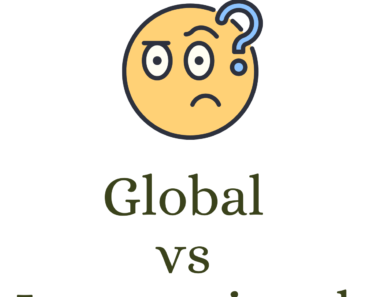Understanding the distinction between “whether” and “if” can greatly improve the clarity and precision of your writing. Although both words are used to introduce conditional clauses, their usage is not always interchangeable. “Whether” is used to discuss two or more alternatives or possibilities, and often implies a choice between options.
It can also be used in a context that requires a yes or no answer. On the other hand, “if” is used to set conditions for situations that depend on a particular condition being met. “If” generally introduces a conditional situation without necessarily implying a choice or alternative.
Definition and Usage of “Whether”
Definition: “Whether” is a conjunction used to introduce a clause in which two alternatives are to be compared or contrasted.
Usage and Examples:
- Introducing Alternatives: “Whether” is used when indicating two possible alternatives or expressing a doubt between choices.
- Example: “I’m trying to decide whether to go hiking or stay home.”
- Embedded Questions: It is commonly used in indirect questions, where the outcome could be yes or no.
- Example: “She asked whether I would be attending the meeting.”
- Infinitive Constructions: “Whether” can be followed by an infinitive, often when discussing options.
- Example: “He is considering whether to accept the job offer.”
Definition and Usage of “If”
Definition: “If” is a conjunction used to introduce a conditional clause, indicating circumstances that must be met for the statement to be true.
Usage and Examples:
- Condition: “If” introduces conditions that are hypothetical or uncertain, often related to future events.
- Example: “If it rains, the picnic will be canceled.”
- Conditional Patterns: It is used in various conditional structures to express causality or dependency.
- Example: “If you save enough money, you can buy a new car.”
- Hypothetical Situations: “If” can introduce hypothetical scenarios that speculate on possible outcomes.
- Example: “If I were you, I would not do that.”







